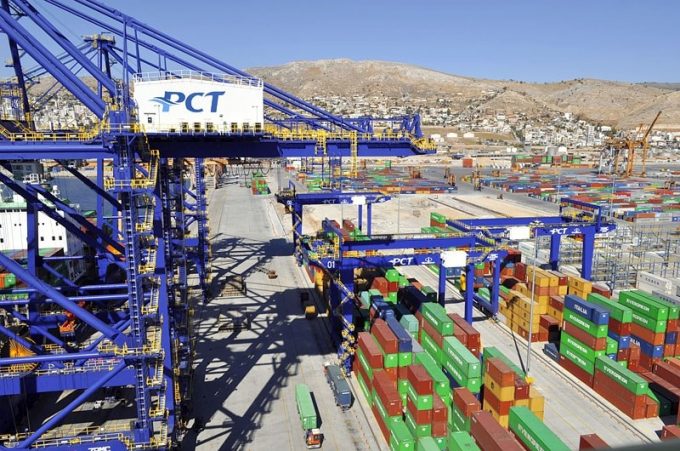Shippers brace for extra costs as carriers invoke force majeure
With US east and Gulf coast ports inaccessible and carriers unable to fulfil contracts, contract ...

The expected rebound in some economies is being stymied by missed calls at some ports, according to the latest report from consultants MDS Transmodal, commissioned by the Global Shippers’ Forum (GSF).
According to the report, up to 40% of expected container capacity in the fourth quarter of 2021 failed to arrive at some ports, including Piraeus, Greece and Colombo in Sri Lanka, compared with pre-pandemic failure rates of 15-20%. Both Jebel Ali in the United Arab Emirates and the UK’s Felixstowe ...
Transpacific sees first major MSC blanks as rates fall and volumes falter
'It’s healthy competition' Maersk tells forwarders bidding for same business
Opposition builds for final hearing on US plan to tax Chinese box ship calls
White House confirms automotive tariffs – 'a disaster for the industry'
New price hikes may slow ocean spot rate slide – but for how long?
Shippers snap up airfreight capacity to US ahead of tariff deadline
Supply chain delays expected after earthquake hits Myanmar
Tighter EU import requirements proving 'a challenge' for forwarders

Comment on this article